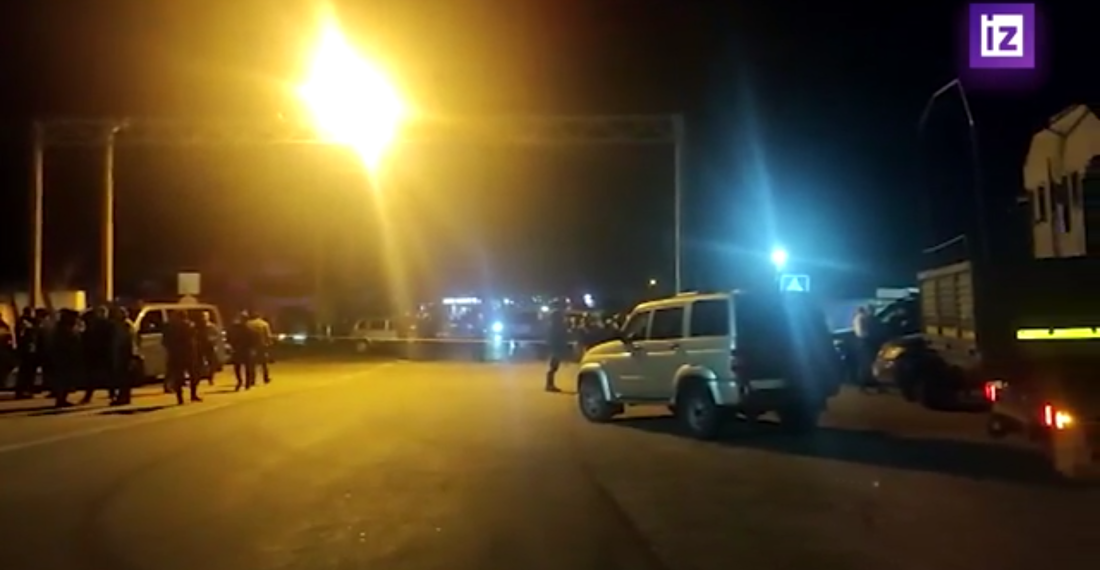Three policemen have been killed and eight wounded in an apparent shootout with militants in Ingushetia last night (5-6 April).
According to Russian sources, the clash took place in the Malgobek district of the Republic of Ingushetia between policemen and "members of a bandit group" who are also suspected of having carried out attacks on law inforcement officers in March and April.
It is understood that the militants were hiding in a private house in the village of Zyazikov-Yurt when the shootout happened. Earlier in the day, it had been reported that Russian security forces had received information about the militants' location, but when they tried to detain them, "they resisted and opened fire on law enforcement officers with automatic weapons", according to Interfax.
The search for the suspects is ongoing.
Last night's shootout is the latest in a series of apparent confrontations between militants and Russian security forces in the north Caucasus.
On 27 March, two policemen were injured when "unknown assailants" attacked a traffic police post on the border of Ingushetia and North Ossetia. Then, on 3 April, "a police lieutenant" was slightly wounded law enforcement officers came under fire, also in the Malgobek district.






